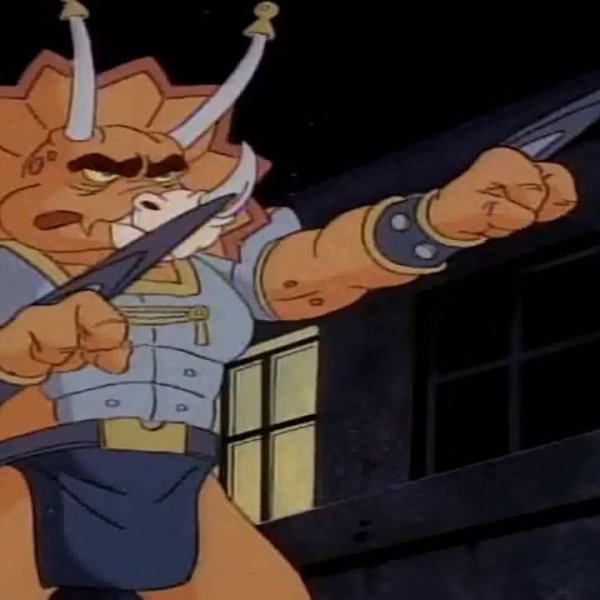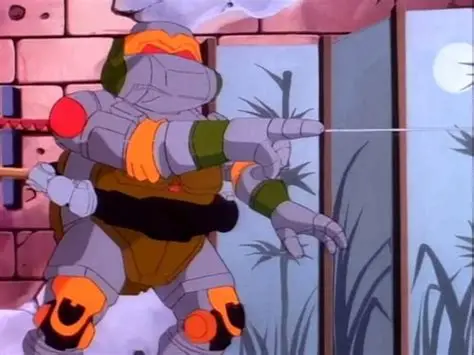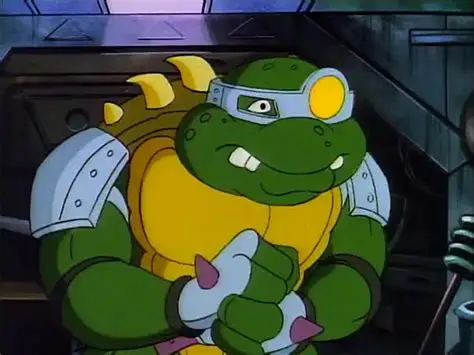NINJA TURTLE NOVEMBER — #15 RAT KING: WHISPERER OF THE UNDERSIDE
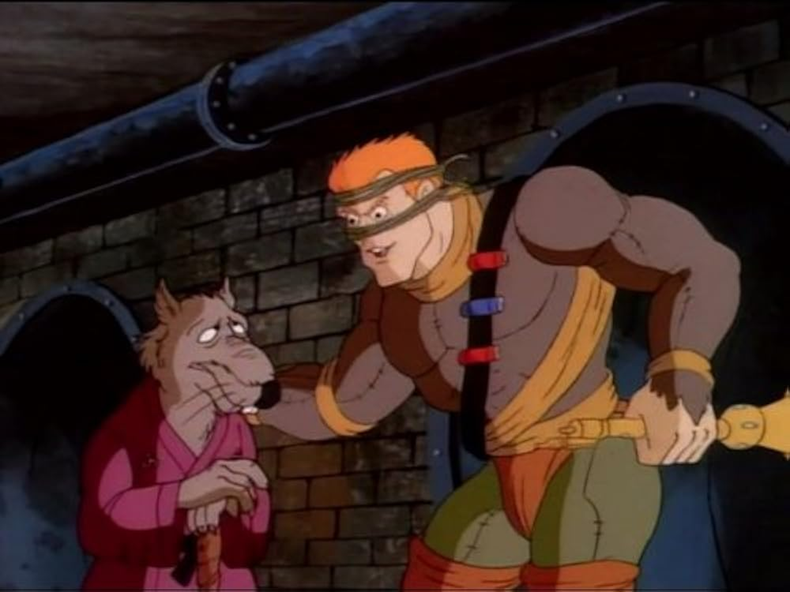
The sewers have always been the Turtles’ refuge—a place of shadows, mystery, and quiet survival. But long before the brothers claimed it as home, another presence stalked those tunnels. A myth. A rumor. A monarch with no throne except the crumbling brick beneath the city. He calls himself Rat King—not because he rules the sewers, but because they listen.
Very few TMNT characters are truly unknowable, but Rat King is one of them. No single origin defines him; his past shifts like the pipes that echo his steps. In some tellings, he’s a madman—a shattered mind who vanished beneath New York and learned to survive through instinct and obsession. In others, he is something older… something primal… almost supernatural. Some whisper he was once a scientist. Others claim he simply emerged, as though the sewers birthed him. Whatever the truth, one thing remains certain: the rats of New York do not fear him. They obey him.
Rat King’s power is not strength or steel—it is influence. He speaks in whispers the city cannot hear, gathering his subjects with the soft scrape of claws and tails. His court is endless, his army countless. While other villains make lairs, Rat King simply walks, and the darkness makes room for him. He doesn’t need the Foot Clan. He doesn’t need weaponry or machines. He has the rats—a tide that can swallow anything. No fortress stands long when the walls are made of flesh and teeth.
Rat King is not like Shredder, whose motives are domination and power. He is not like Krang, who seeks conquest across dimensions. Rat King’s goals are more obscure—sometimes violent, sometimes strangely peaceful. He has fought the Turtles, helped them, ignored them… because his allegiance is not to villainy or heroism. It is to the sewers—the territory beneath all other territories. He respects the Turtles as fellow denizens, but he does not bow to them. To him, they are merely neighbors—sometimes tolerated, sometimes challenged, never fully trusted. He sees the city as a living organism—built upon decay and rebirth—and he serves it like a priest serves a god.
Rat King’s madness is not loud; it’s eerily gentle. He hears voices no one else does—songs hidden in pipes, tunnels, and walls. These whispers guide him. Sometimes they warn. Sometimes they command. To him, the world is an orchestra of filth and instinct. He moves through it like a conductor, raising armies not with rage, but with a tune no sane mind would recognize. Some believe the rats serve him because he controls them. Others believe he serves the rats because they control him. The real answer is buried in the dark.
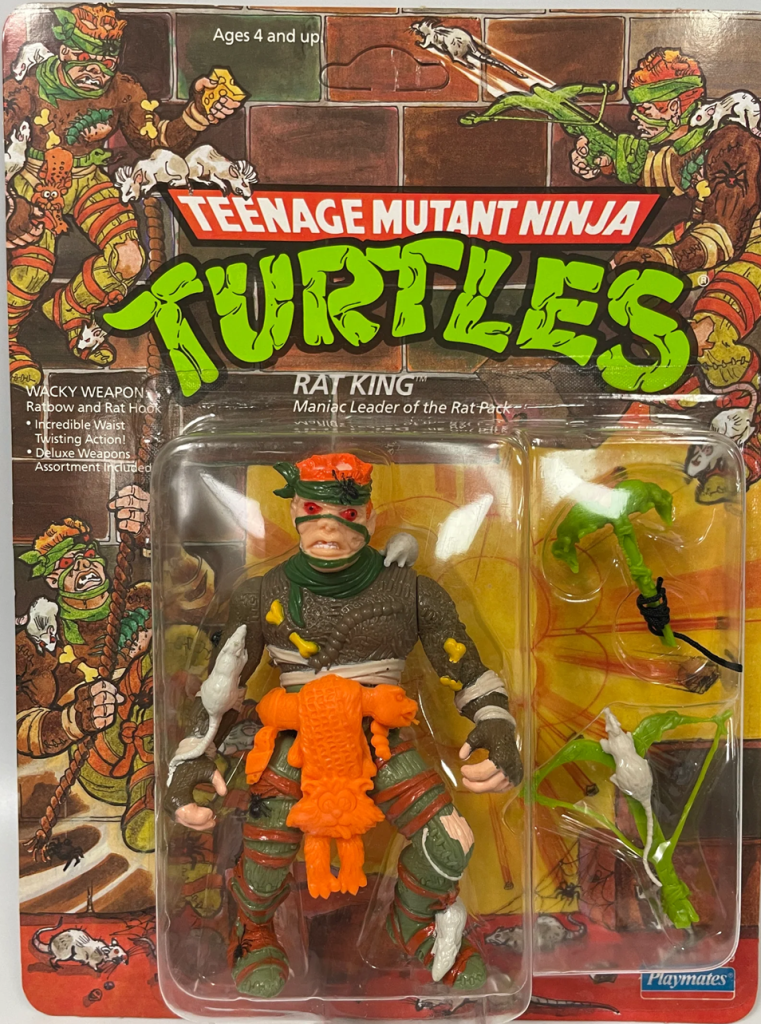
When the Rat King action figure arrived in 1989, he stood apart from the neon chaos of the TMNT roster. Wrapped in filthy bandages, stitched clothing, and tangled straps that looked scavenged from corpses, Rat King felt less like a toy and more like something you weren’t supposed to touch. His sculpt suggested disease, survival, and isolation—a creature who lived where sunlight died. Kids didn’t need backstory; one look told you everything. This was someone you’d rather not meet in a dark tunnel.
What makes Rat King compelling isn’t what he does—it’s what he wants. In most stories, he never seeks to rule the city above. Why rule skyscrapers when you already command the depths? He is a philosopher of rot, a prophet of waste, a monarch whose realm expands wherever human neglect allows. He embodies everything people try to pretend isn’t there—the decay beneath civilization, the eyes glowing in the dark. He is the voice reminding us that nature always returns to reclaim what we build. Even concrete can be chewed. Even kings can become food.
Rat King sits at #15 because of his mystique. He never needed mass appearances to leave a deep impression. He was frightening, strange, and quietly thoughtful—a villain who often puzzled more than he threatened. He represents the TMNT universe at its most gothic—a reminder that the sewer is ancient, dangerous, and full of secrets. Other characters shout. Rat King whispers. And somehow, that’s much harder to ignore.

